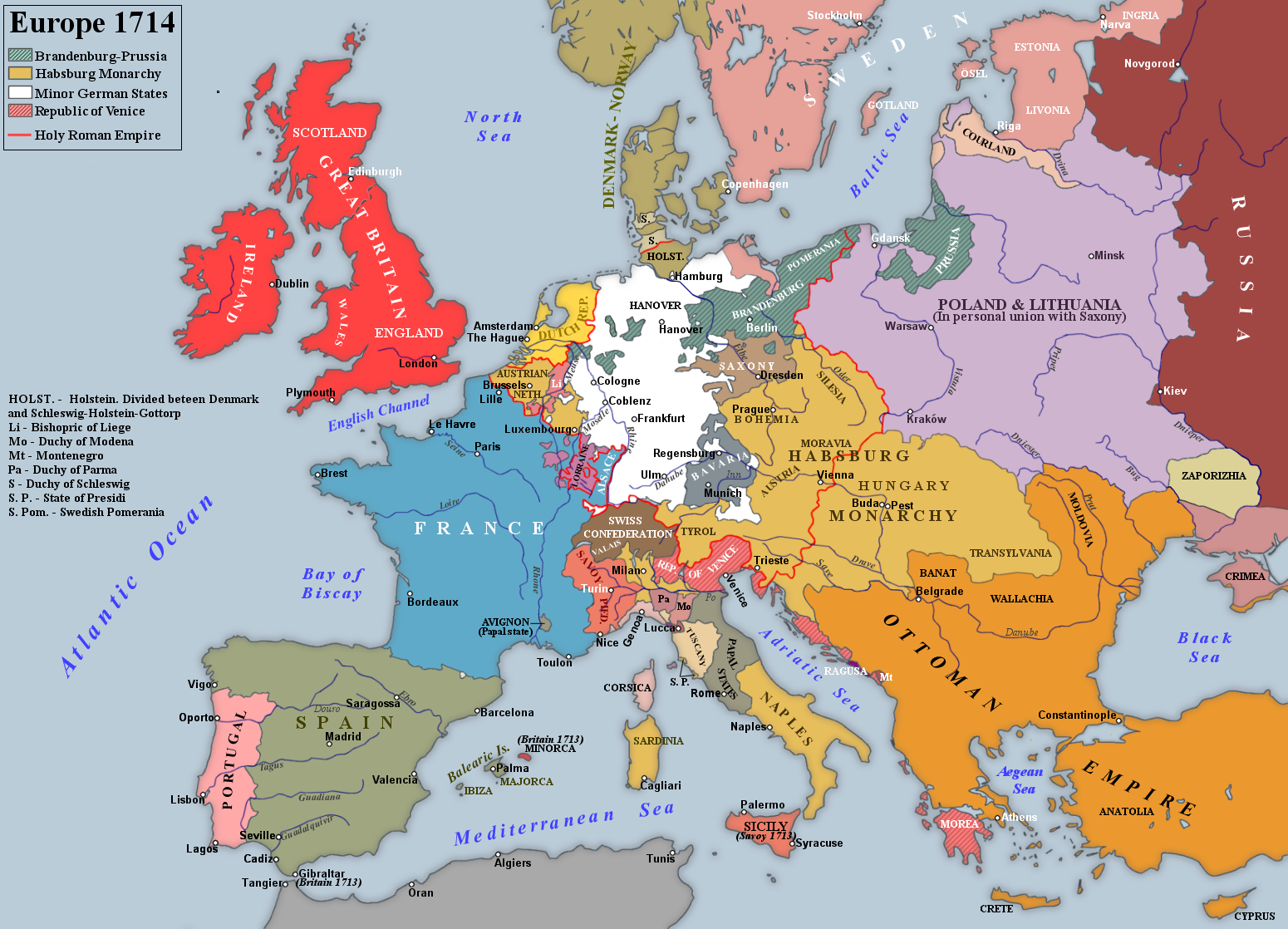|
TĂŠlĂŠmaque (Destouches)
''TĂŠlĂŠmaque et Calypso'' (''Telemachus and Calypso''), also ''TĂŠlĂŠmaque'' or rench: ''ou''''Calypso'', is an opera by the French composer AndrĂŠ Cardinal Destouches, first performed at the AcadĂŠmie Royale de Musique (the Paris Opera) on 29 November 1714. It takes the form of a ''tragĂŠdie en musique'' in a prologue and five acts. The libretto is by Simon-Joseph Pellegrin. The plot is taken from ''Les Aventures de TĂŠlĂŠmaque'' by François FĂŠnelon, itself adapted from Homer's ''Telemachy'': Telemachus is shipwrecked while searching for his father Ulysses, and resists seduction by the sea-nymph Calypso because of his love for the shepherdess Eucharis. The opera was imitated by a number of other Italian and French versions, including by Alessandro Scarlatti Pietro Alessandro Gaspare Scarlatti (2 May 1660 â 22 October 1725) was an Italian Baroque music, Baroque composer, known especially for his operas and chamber cantatas. He is considered the most important repres ... [...More Info...] [...Related Items...] OR: [Wikipedia] [Google] [Baidu] |
Calypso (mythology)
In Greek mythology, Calypso (; ) was a nymph who lived on the island of Ogygia, where, according to Homer's ''Odyssey'', she detained Odysseus for seven years against his will. She promised Odysseus immortality if he would stay with her, but Odysseus preferred to return home. Eventually, after the intervention of the other Twelve Olympians, gods, Calypso was forced to let Odysseus go. Etymology The name ''Calypso'' derives from the Ancient Greek (), meaning , , or ; as such, her name translates to as she conceals Odysseus from the rest of the world, keeping him on her island. According to the medieval dictionary ''Etymologicum Magnum'', her name means (from ), which â combined with the Homeric epithet (, meaning or ) â justifies the reclusive character of Calypso and her island. Family Calypso is generally said to be the daughter of the Titan (mythology), Titan Atlas (mythology), Atlas. In the ''Fabulae'', she is born to Pleione (mythology), Pleione, the mother of the Pl ... [...More Info...] [...Related Items...] OR: [Wikipedia] [Google] [Baidu] |
Operas
Opera is a form of Western theatre in which music is a fundamental component and dramatic roles are taken by singers. Such a "work" (the literal translation of the Italian word "opera") is typically a collaboration between a composer and a librettist and incorporates a number of the performing arts, such as acting, scenery, costume, and sometimes dance or ballet. The performance is typically given in an opera house, accompanied by an orchestra or smaller musical ensemble, which since the early 19th century has been led by a conductor. Although musical theatre is closely related to opera, the two are considered to be distinct from one another. Opera is a key part of Western classical music, and Italian tradition in particular. Originally understood as an entirely sung piece, in contrast to a play with songs, opera has come to include numerous genres, including some that include spoken dialogue such as ''Singspiel'' and ''OpĂŠra comique''. In traditional number opera, si ... [...More Info...] [...Related Items...] OR: [Wikipedia] [Google] [Baidu] |
Operas By AndrĂŠ Cardinal Destouches
Opera is a form of Western theatre in which music is a fundamental component and dramatic roles are taken by singers. Such a "work" (the literal translation of the Italian word "opera") is typically a collaboration between a composer and a librettist and incorporates a number of the performing arts, such as acting, scenery, costume, and sometimes dance or ballet. The performance is typically given in an opera house, accompanied by an orchestra or smaller musical ensemble, which since the early 19th century has been led by a conductor. Although musical theatre is closely related to opera, the two are considered to be distinct from one another. Opera is a key part of Western classical music, and Italian tradition in particular. Originally understood as an entirely sung piece, in contrast to a play with songs, opera has come to include numerous genres, including some that include spoken dialogue such as ''Singspiel'' and ''OpĂŠra comique''. In traditional number opera, singers e ... [...More Info...] [...Related Items...] OR: [Wikipedia] [Google] [Baidu] |
1714 Operas
Events JanuaryâMarch * January 21 â After being tricked into deserting a battle against India's Mughal Empire by the rebel Sayyid brothers, Prince Azz-ud-din Mirza is blinded on orders of the Emperor Farrukhsiyar as punishment. * February 7 â The Siege of TĂśnning (a fortress of the Swedish Empire and now located in Germany in the state of Schleswig-Holstein) ends after almost a year, as Danish forces force the surrender of the remaining 1,600 defenders. The fortress is then leveled by the Danes. * February 28 â (February 17 old style) Russia's Tsar Peter the Great issues a decree requiring compulsory education in mathematics for children of government officials and nobility, applying to children between the ages of 10 and 15 years old. * March 2 â (February 19 old style) The Battle of Storkyro is fought between troops of the Swedish Empire and the Russian Empire, near what is now the village of Napue in Finland. The outnumbered Swedish forces, under the c ... [...More Info...] [...Related Items...] OR: [Wikipedia] [Google] [Baidu] |



